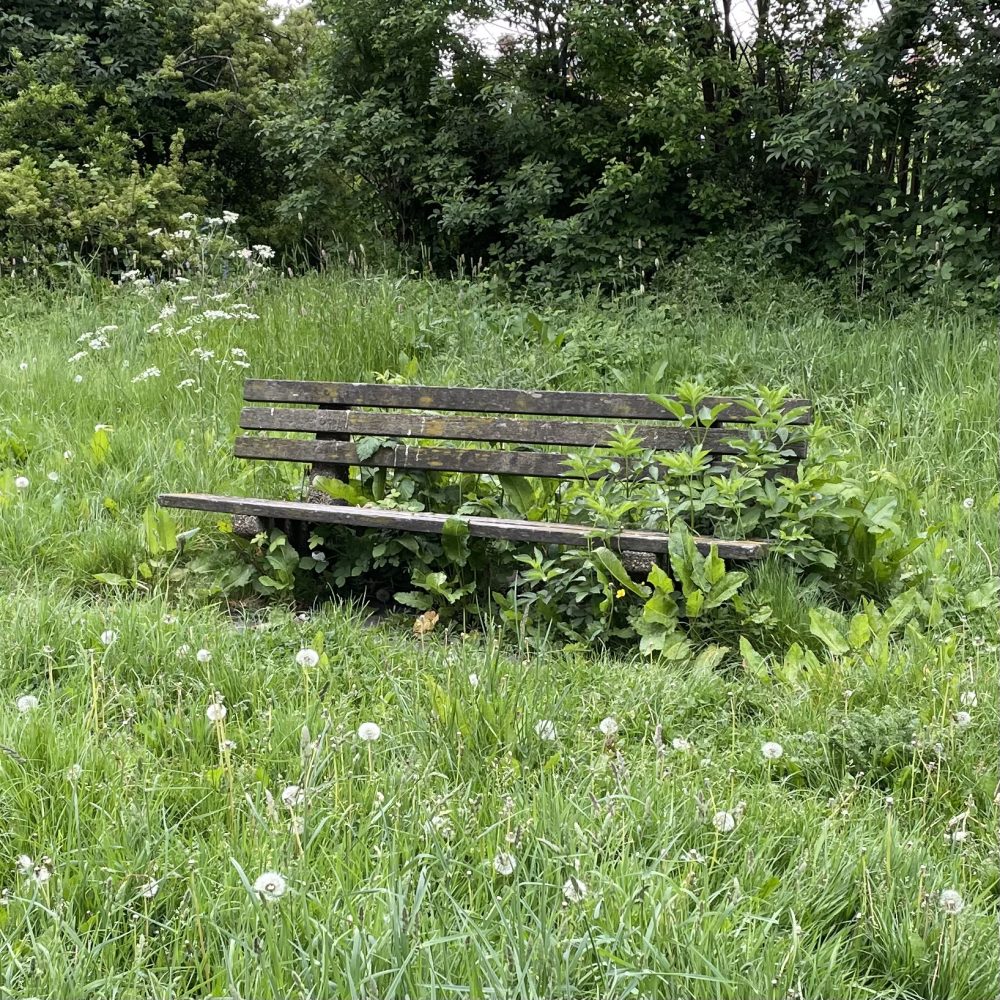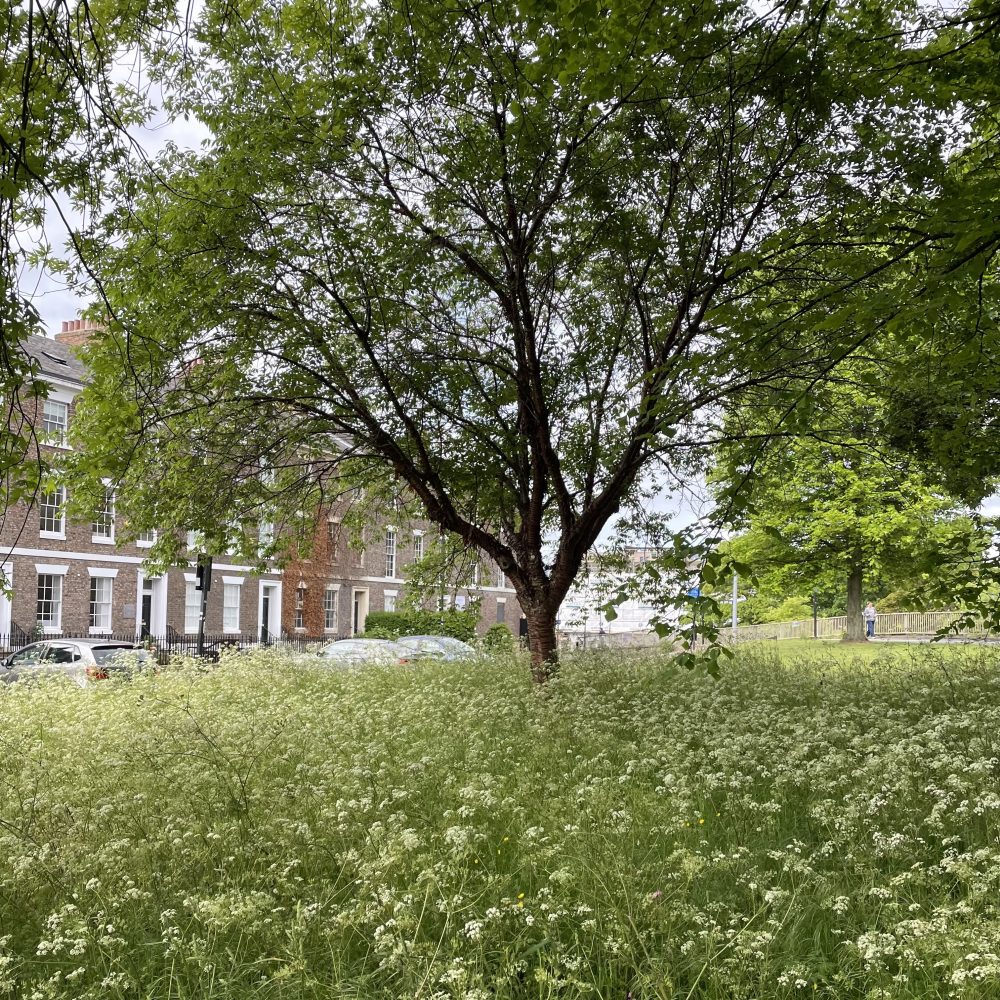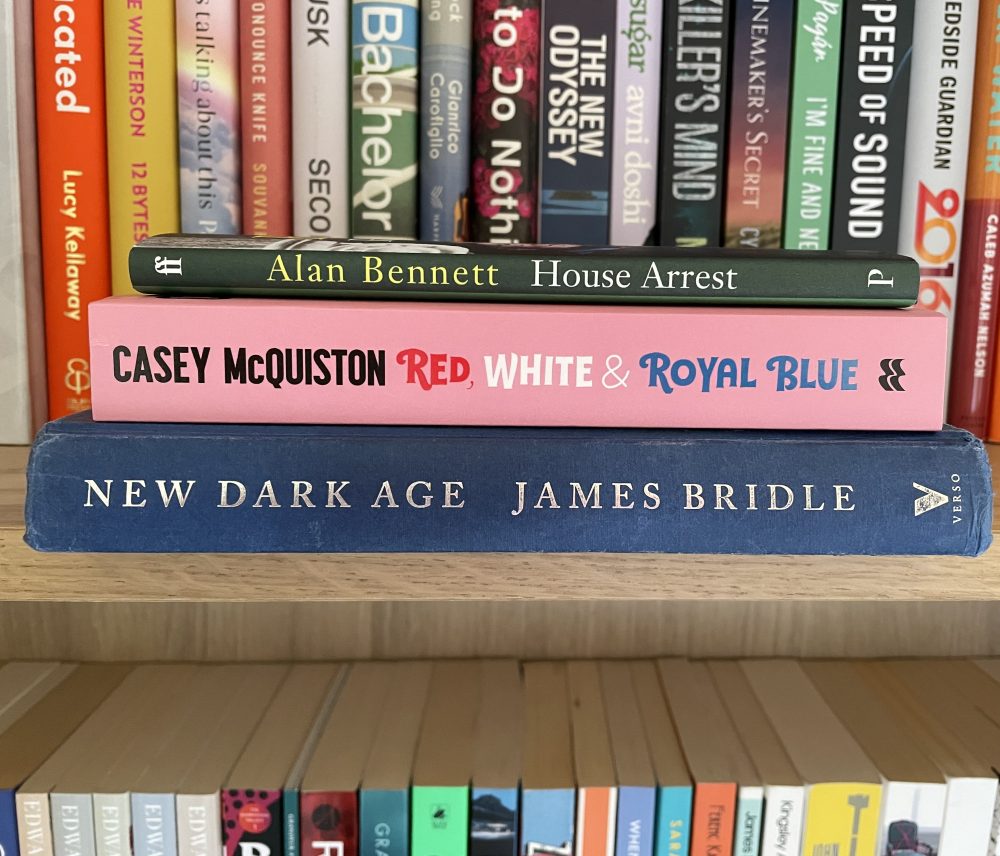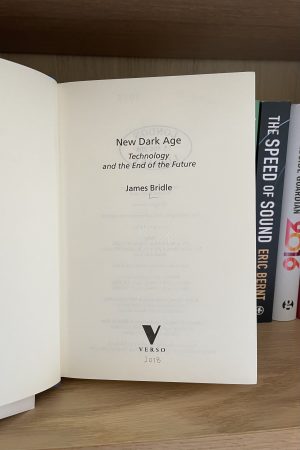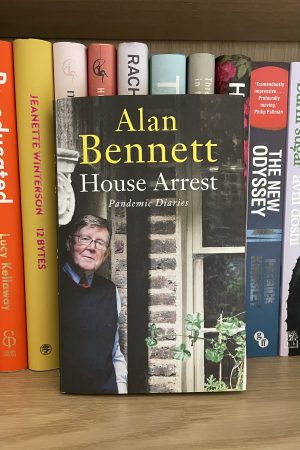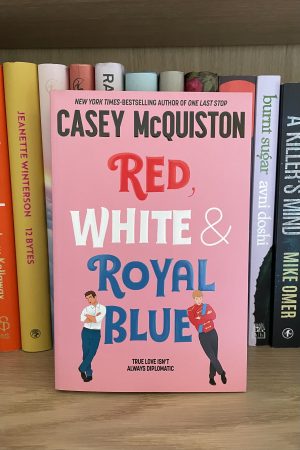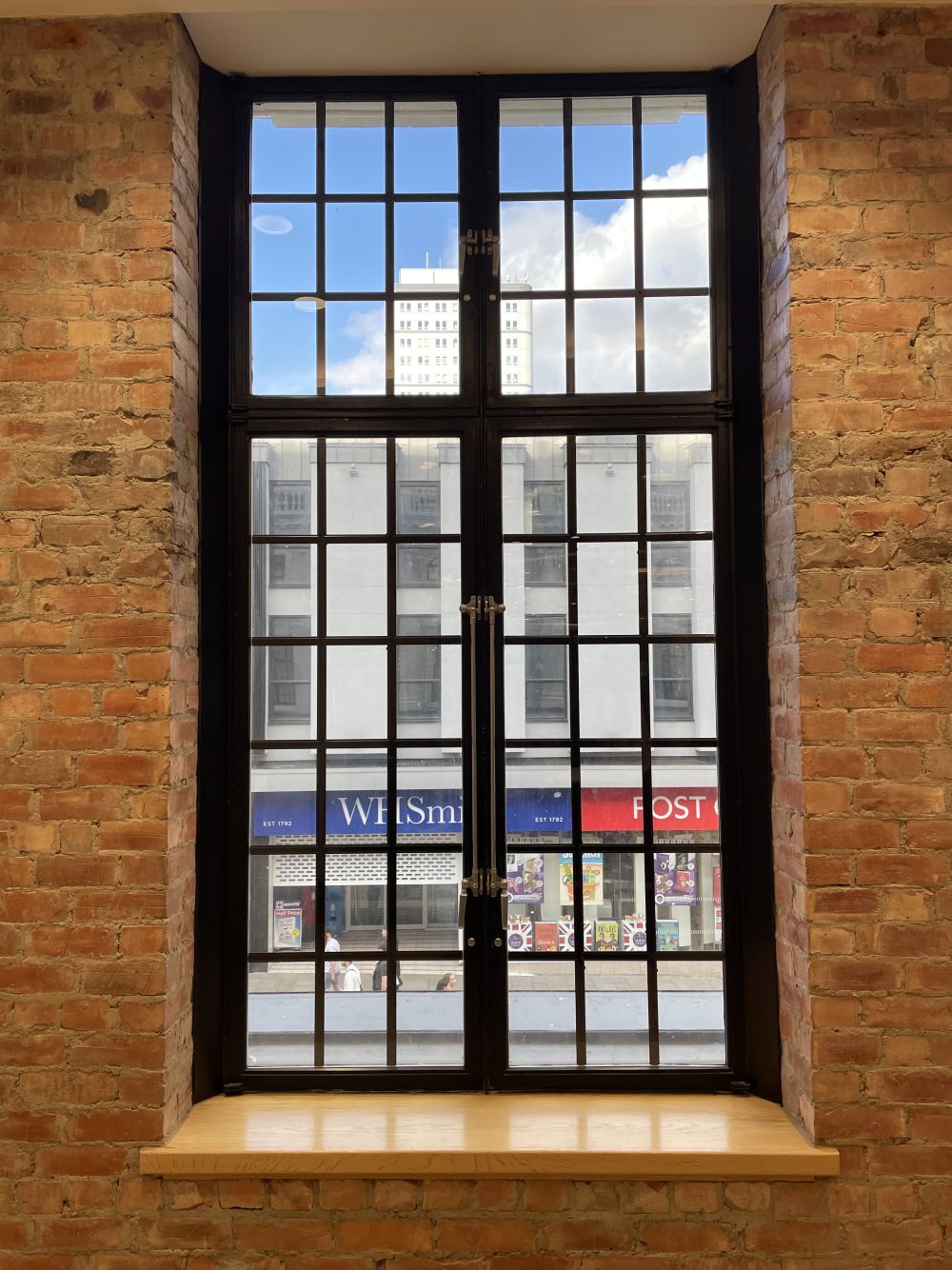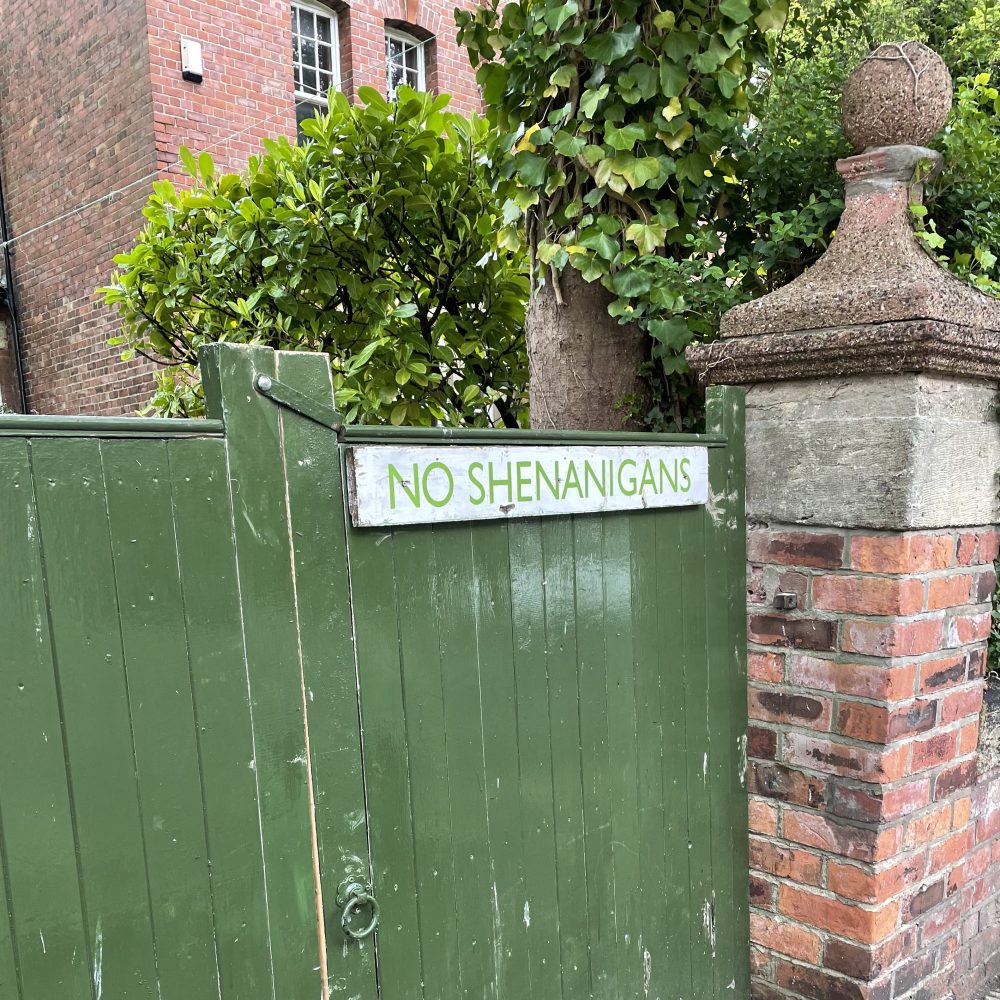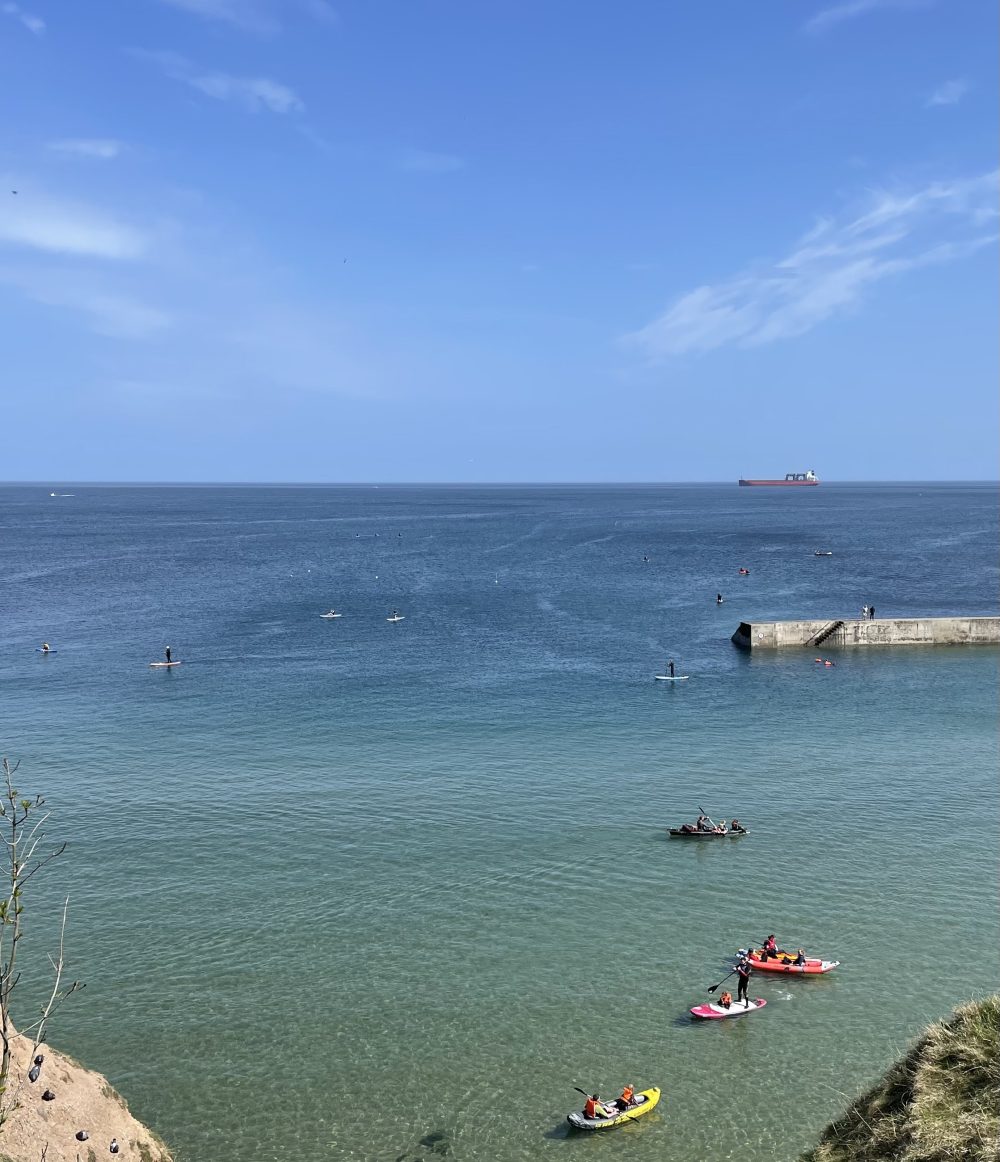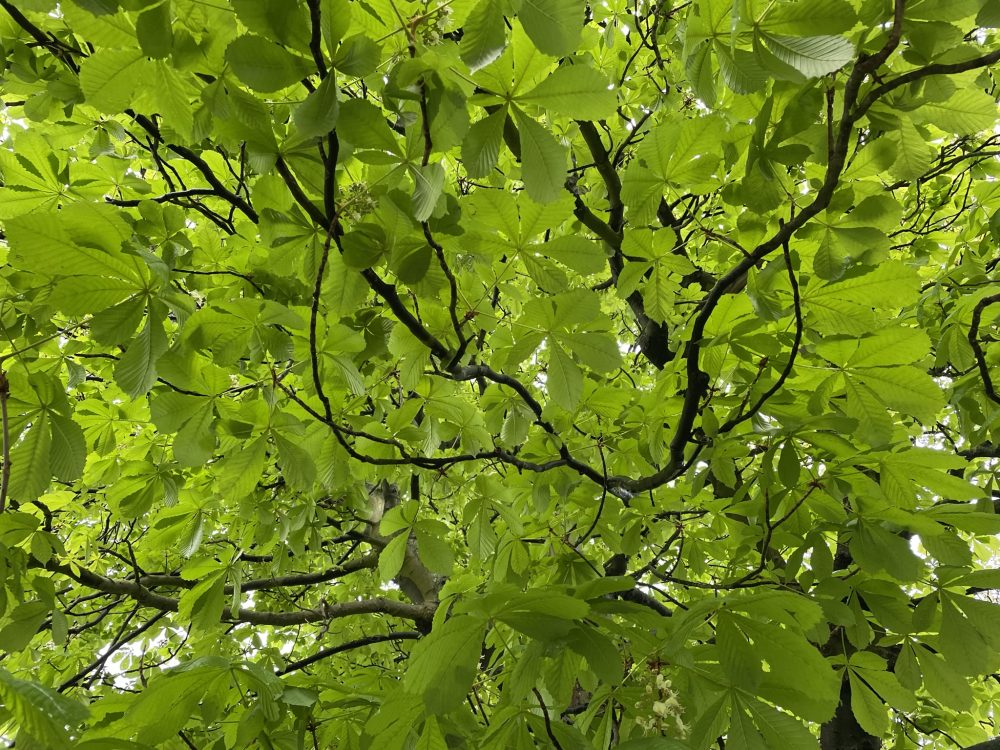31 things I learned in May 2021
1: According to a Survation poll, almost a quarter of people who vote Conservative think Boris Johnson is lying when he denies saying that he would rather “bodies pile up in their thousands” than impose a lockdown.
I really struggle with understanding the cognitive dissonance required to simultaneously believe that (a) the Prime Minister is openly lying to the public and Parliament with the support of his ministers and MPs; (b) the Prime Minister thinks that thousands of British citizens dying is the preferred one of any two options in Government; and (c) the Prime Minister and his party are the best people to lead the country.
I don’t understand politics.
2: Dominic Raab, a man who studied law at Cambridge, is on the Sunday morning shows hawking the line that “there’s no separate body or individual that has power over [the Prime Minister]. That’s why we have elections.”
He must know that this is constitutionally illiterate, yet he’s choosing to say it anyway because—presumably—he values the pursuit of power over truth.
I don’t understand politics.
3: According to Laura Kuenssberg, “Politicians, even really honest ones, regularly say things they don’t quite believe. The public knows this. We don’t expect our politicians to be angels.”
What is the point of public service if not to speak the truth and honestly strive to do what you think is right for the electorate you serve?
I don’t understand politics.
4: On 22 February, the Prime Minister told Parliament “that the contracts [for procurement of PPE] are there on the record for everybody to see.” In fact, many of the contracts had not yet been published: for example, this one wasn’t published until 8 March. It seems that rather than the Prime Minister simply correcting the record, his inability to admit straightforward errors means we now have to debate whether the original—obviously incorrect—statement was misleading.
I don’t understand politics.
I don’t understand politics… but that has very little to do with this.
6: A failure of diplomacy so great that it involves threats of cut electricity supplies and the deployment of Navy ships with machine guns against one of our nearest neighbours is thought to boost the electoral prospects of the political party responsible (“A cynic would be forgiven for thinking the PM won’t believe his luck that his robust response to perceived French aggression is leading the news just as Britons go the ballot box.”)
I don’t understand politics.
A party in power for 11 years, a Government mired in scandal, and a set of leaders who have gifted us one of the world’s highest covid-19 death rate, result in a record by-election swing in a constituency which has never previously supported the governing party. It’s an unbelievable achievement for the Conservative party, a miserable failure for the opposition, and further proof (as if any were required) that…
I don’t understand politics.
10: In the editor’s letter in the latest Wired, Greg Williams talks about how Apple’s “business model happens to coincide with both governmental and consumer appetites for increased privacy.”
I think he’s wrong: in the UK context, it doesn’t feel to me like there is much governmental appetite for increased privacy. From voter identification, to sharing location history in the covid-19 app, to backdoors in encryption technologies, to calls to prevent anonymous publishing on social media, it feels as though the government is suspicious of the motivations of those who value privacy.
11: I’m on a bit of a Kishi Bashi phase at the moment.
13: I learned how Pete Adlington designed the cover for Kazuo Ishiguro’s Klara and The Sun.
16: Motherland is one of those comedies which divides Wendy and me: I think it’s brilliant, while Wendy is less keen.
17: Almost third of people in Newcastle have worked from home. I’m surprised it’s that high, even considering the pandemic.
19: FiP played The Tibbs’s cover of Santa Baby this morning. I like my music eclectic, but Christmas tunes with breakfast in May is pushing it.
20: I learned about jury nullification, and the principle that “jurors should aim to strike a balance between following their own sense of justice and respecting the accumulated cultural knowledge represented by the law.”
21: I read a bit about how to approach pronouns in the workplace, but it didn’t help me understand the person whose email signature has “she/them” listed in place of the more usual “he/him”, “she/her” or “they/them” combinations.
23: “Green Man Authority” is a thing.
24: It’s been an exceptionally wet May… so far. It’s sunny today, though.
25: “A precondition for reading good books is not reading bad ones.”
While the span of a lifetime makes this true in a longitudinal sense, I’m not sure I wholly agree with this as a philosophy: in books, as in life, I think a varied diet is important. Junk food is fine sometimes, and bad books can be fun.
27: It’s easy to forget, but important to remember, the net positive impact of the internet during the COVID-19 pandemic.
28: Preparing for an appraisal after the most challenging year of my career to date has proven to be a surprisingly emotional process.
At a time when I’m frankly exhausted, it’s making me sit alone in a room while I drag up raw memories of unacceptable interpersonal behaviour, frustration with being left repeatedly in invidious positions, working under enormous pressure to unrealistic expectations, the realisation that I’ve had fewer sets of consecutive weekends off in the last year than I have fingers on one hand, the weird psychological instability caused by people insisting that fiction is fact, and much more unpleasantness besides.
In recent years, I’ve grown to be a bit of a secret fan of appraisals, supporting (as they do) reflection on practice and future plans. But this year, I’ve found the process of preparing for the meeting really quite traumatic. Rather than helping me reflect and learn and spot connections, it’s made me brood and relive events that I could not control and that were bad enough to live through just once, thanks.
For some, this must be the experience every year. And, for all the benefit it brings, I don’t think that’s worth it.
I think we need to do medical appraisals better, in a way that is perhaps more like counselling, and doesn’t involve sitting alone revisiting traumas in an unsupported way.
29: It’s depressing to see how widely this completely fictional April Fool’s interview with Eric Carle in The Paris Review came to be reported as fact in so many of his obituaries: “My publisher and I fought bitterly over the stomachache scene in The Very Hungry Caterpillar. The caterpillar, you’ll recall, feasts on cake, ice cream, salami, pie, cheese, sausage, and so on. After this banquet I intended for him to proceed immediately to his metamorphosis, but my publisher insisted that he suffer an episode of nausea first—that some punishment follow his supposed overeating. This disgusted me. It ran entirely contrary to the message of the book. The caterpillar is, after all, very hungry, as sometimes we all are. He has recognized an immense appetite within him and has indulged it, and the experience transforms him, betters him. Including the punitive stomachache ruined the effect … I don’t recognize childhood obesity. No one should. I see children doing what they like, which is eating, and doing it without the shame or remorse later drilled into them by Judeo-Christian ethics.”
30: Duncan Stephen has written a great blog post about why content is more important than technology, and I’m simultaneously delighted by his clear explanation and depressed that it is necessary. I’m fed up of having arguments in the public health world where people excitedly say that they give people information X through medium Y, but want to spend more time tinkering with Y than actually making X both technically accurate and practically useful. And that’s before we even get to the question of whether Y is better than long-standing medium Z from the point of view of the end user, even if Y is more cost-efficient (and whizzy) than Z.
31: Eighteen months of daily lessons is enough… for now.
This post was filed under: Posts delayed by 12 months, Things I've learned.
